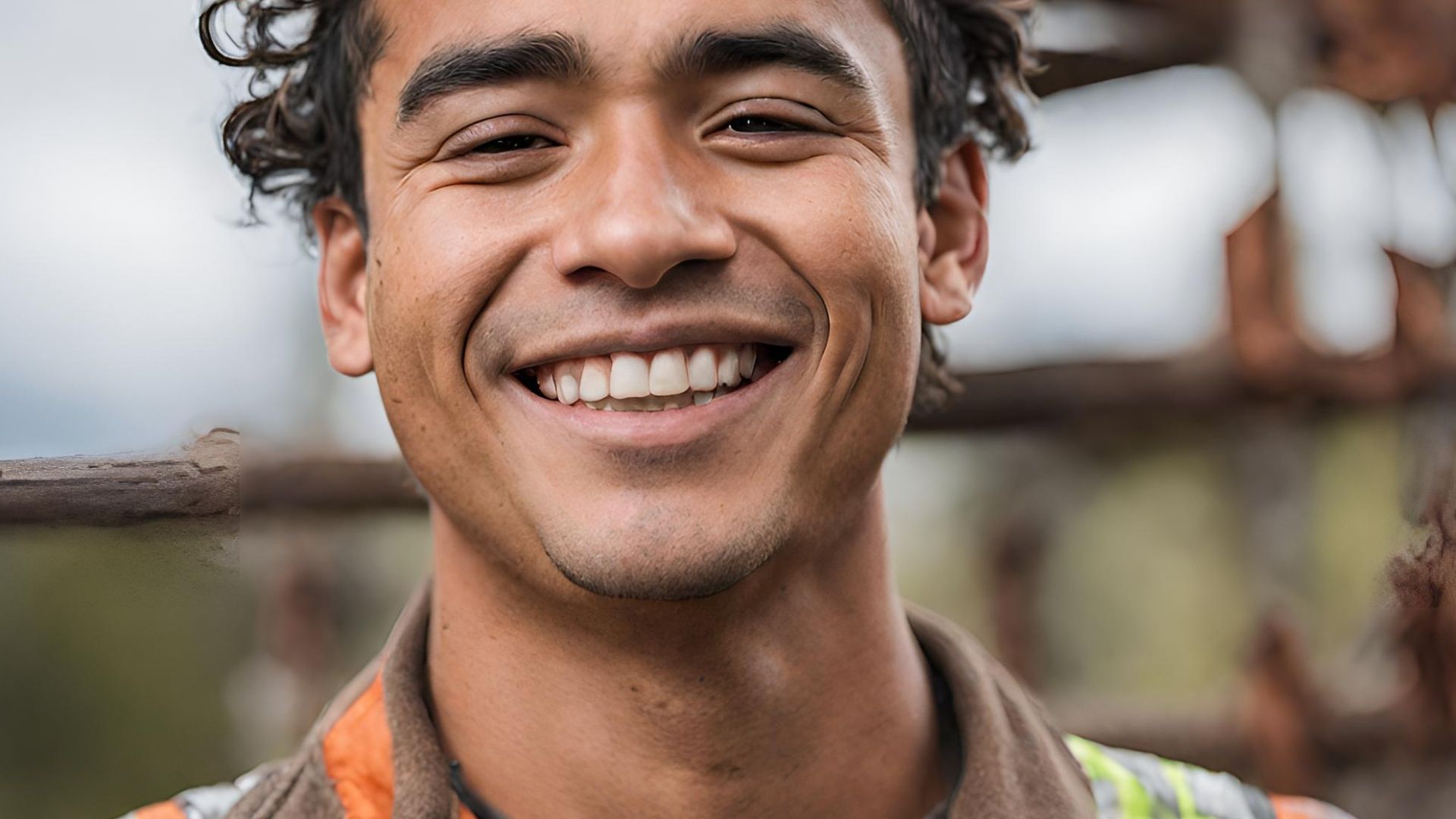Freddy* is a regular, friendly 18-year-old; he likes making jokes, being with his friends, and sharing and learning about his Māori culture. He’s doing well these days and is busy working full-time as a scaffolder.
Unlike most 18-year-olds, though, he has faced incredible challenges to get where he is today.
When we first met Freddy, he was in youth justice and had just joined our mentoring program, Stand As One, to help him prepare for his release.
He was terrified about his future and how he’d manage on the outside.
Freddy said he was worried that people would look at him and know he’d been in custody. He’d become an adult while in the justice system and without all the rites of passage and opportunities to learn teenagers in the community have, so he didn’t know what to expect on the outside in this new phase of his life.
Apart from practical things, like support buying clothes and getting documentation like ID, it was this anxiety about how he’d manage when released that was a significant focus of his sessions with his mentor.
Together, they developed strategies for avoiding negative influences in his life and old peer groups when he was released. They discussed practical things he could do, like thinking carefully about how he uses social media and deciding which social events he’d attend.
Apart from practical things, like support buying clothes and getting documentation like ID, it was this anxiety about how he’d manage when released that was a significant focus of his sessions with his mentor.
Freddy and his mentor also talked about ways he could stay busy and create routines and habits that make him happy, like exercise and maintaining cultural activities.
They talked a lot about how having been in custody did not need to be part of his identity.
During sessions, he would speak about his childhood and his complicated relationship with his family. A middle brother in a family of four. His mother had moved to Australia when the family was young, and it was a tough time for them all adjusting to their new life.
He said his mother worked hard to support the children and provided a loving family. But despite this, they faced severe financial stress.
Freddy recalls not having shoes as a child and stealing food to feel full. They had left their home under incredibly difficult circumstances and faced learning a new language and setting up a life without any support network.
They talked a lot about how having been in custody did not need to be part of his identity.
When Freddy entered custody, he said it was incredibly daunting. He’d never been involved in a serious crime before and had no idea what to expect.
However, his mentor says he’s been inspirational and took every opportunity. Through consistent good behaviour, he earned the privlidge of being moved to a special pre-release unit, from where he could have outings and complete training before he left custody.
While at the unit, he did a traffic control course and lined up full-time employment.
This opportunity is rare for young people at his youth justice centre, so when he was moved, it was a massive achievement and a big step towards setting him up for success.
Freddy made the best of an experience that no young person should ever have to have, and we know that with a bit of support from his mentor (who he still stays in touch with and knows is there for him when he needs it), he has a wonderful future ahead.
*Names & images changed to protect participant identity
Thank you to Youth Justice NSW, who support Stand As One.
Please support more young people like Freddy to achieve their goals, and donate today.



